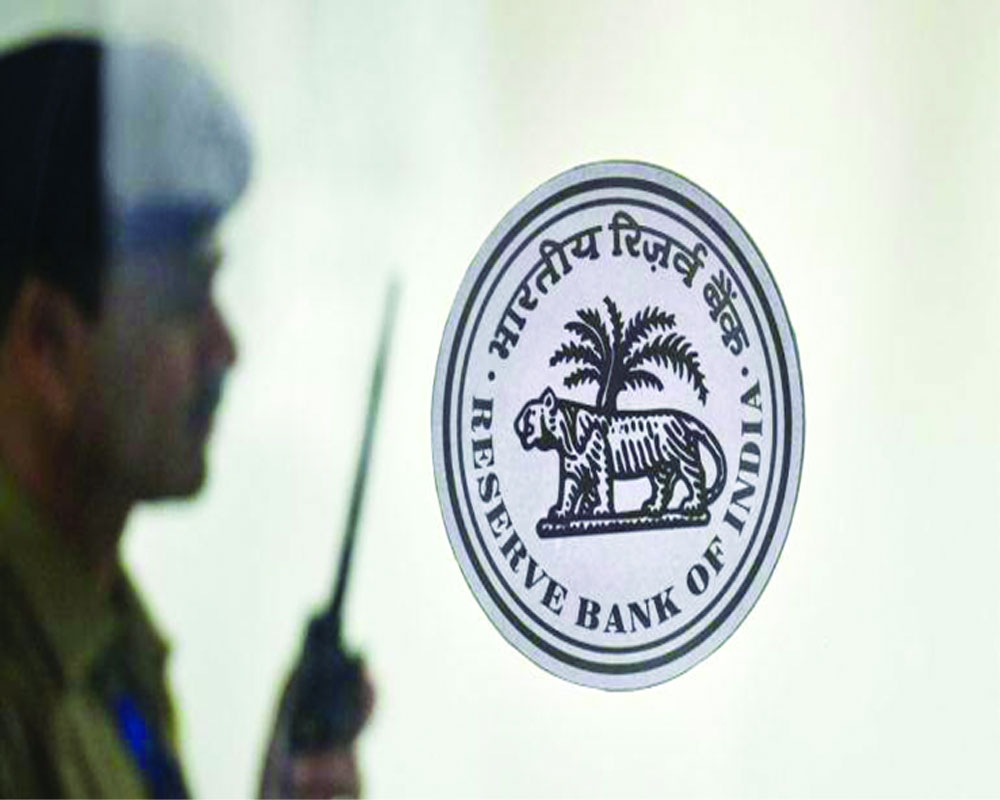The fact is that we cannot have cheap loans and high savings rates at the same time. The RBI is being practical’
With the Reserve Bank of India (RBI) slashing lending rates for popular schemes at the recently-concluded Monetary Policy Committee meeting, it was only a matter of time before savings rates on a host of saving instruments — from the public provident fund (PPF), postal savings and even fixed deposits — in the banks were slashed. The present rate cut intervention was all but expected. Governments all across the world have announced rate cuts to stave off Coronavirus-related recession. But none had expected that cuts in the rates of small savings schemes, which offer assured returns and capital safety, would be so steep. The Indian Government has decided to cut small savings interest rates sharply by 70-140 basis points for the April-June quarter. The interest rate on PPF has been reduced from 7.9 per cent to 7.1 per cent per annum, a reduction of 80 basis points. For the Senior Citizen Savings Scheme, the interest rate has been cut from 8.6 per cent per annum to 7.4 per cent per annum. Schemes with larger social intent, like for the girl child or the senior citizens, too, have not been spared. The present move comes close on the heels of the Central bank’s decision last week to slash the repo rate by 75 basis points, along with announcing a slew of liquidity-enhancing measures to counter the impact of the COVID-19 pandemic. Yes, the Government has pursued a difficult path ahead as this decision is bound to face opposition but for greater public good, it has to take the bitter pill. This announcement may have surely raised the hackles of some senior citizens and other small savers dependent on the interest income for everyday survival but the fact is that right now, the Government needs to encourage people to spend money so as to deal with the flood of economic issues from a realistic perspective. It needs to bridge the gap between deposit rates and earnings from small savings schemes. In view of this, the monetary policy cannot be determined by the wishes of a vocal minority. The Government should not be dependent on consumers, attracted by the promise of cheap loans, to spend. With India’s banking sector still trying to recover from the profligacy of a decade ago, will banks be willing to forward money in the form of more consumer loans? For, bankers are in no doubt whatsoever that several businesses, which were viable and profitable before China’s gift to the rest of the world, will be hard hit and India will be on the verge of bankruptcy once everything gets going again. Banks must not be reluctant to pass on the benefits to the borrowers. Some industries will be worse affected than others, travel and tourism and all its allied sectors have already incurred losses in crores. Possibility of a global recession, too, cannot be ruled out. But the Government will have to spend its way out of this crisis. Commentators have suggested that the Seventh Pay Commission’s recommendations be put on hold for now as tax revenues, both direct and indirect, are going to plummet this fiscal year and the forthcoming one as well. Indeed, to spur spending, the Government should even look at reducing the Goods and Services Tax (GST) rate for several sectors. To cite an example, high excise duties on the automobile industry can be lowered. Buyers will look to buy vehicles if they see a good deal.
To spur spending, cutting bank rates will clearly not be enough. Innovative thinking is needed. This will hurt some people, savers in particular, but getting a stalled economic machine restarted will take a bit of sacrifice from everyone. It will not be easy, particularly in times of crisis when the natural human tendency is to keep cash assets and savings locked up. Cutting savings rates is a way to encourage spending. While many people are unsure of their economic future right now, spending will be essential for everyone to get economic activity going again. And if that means making a bit less money from our savings, so be it.


























